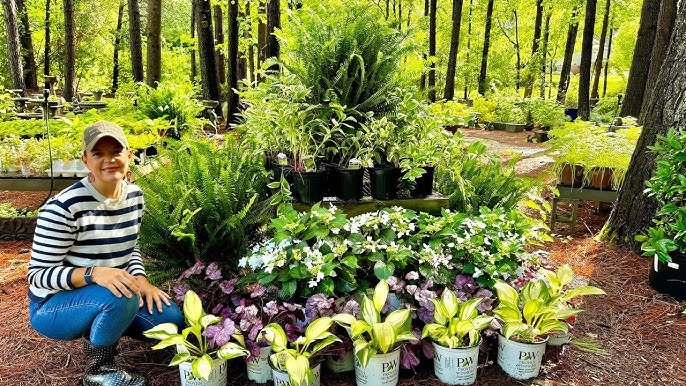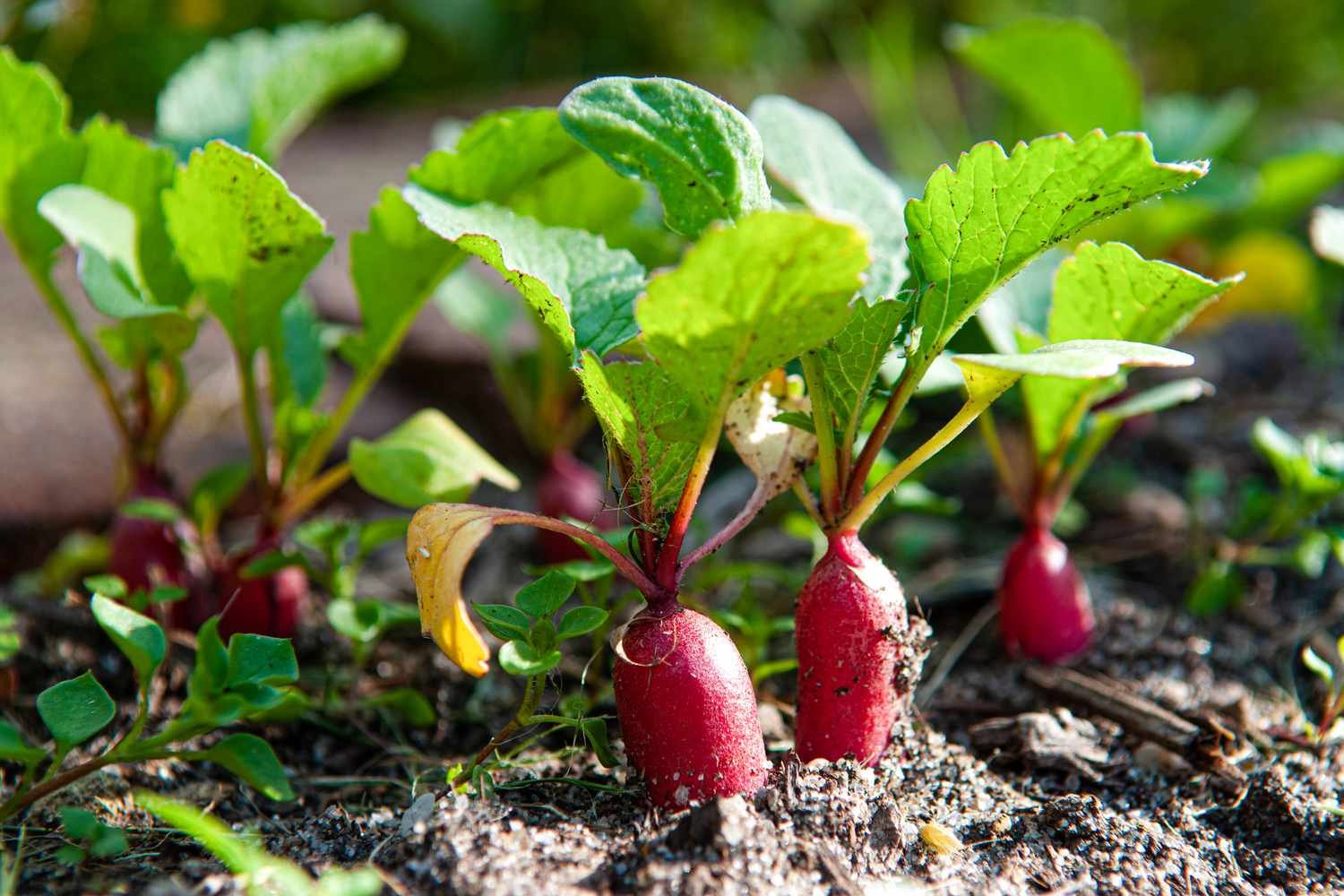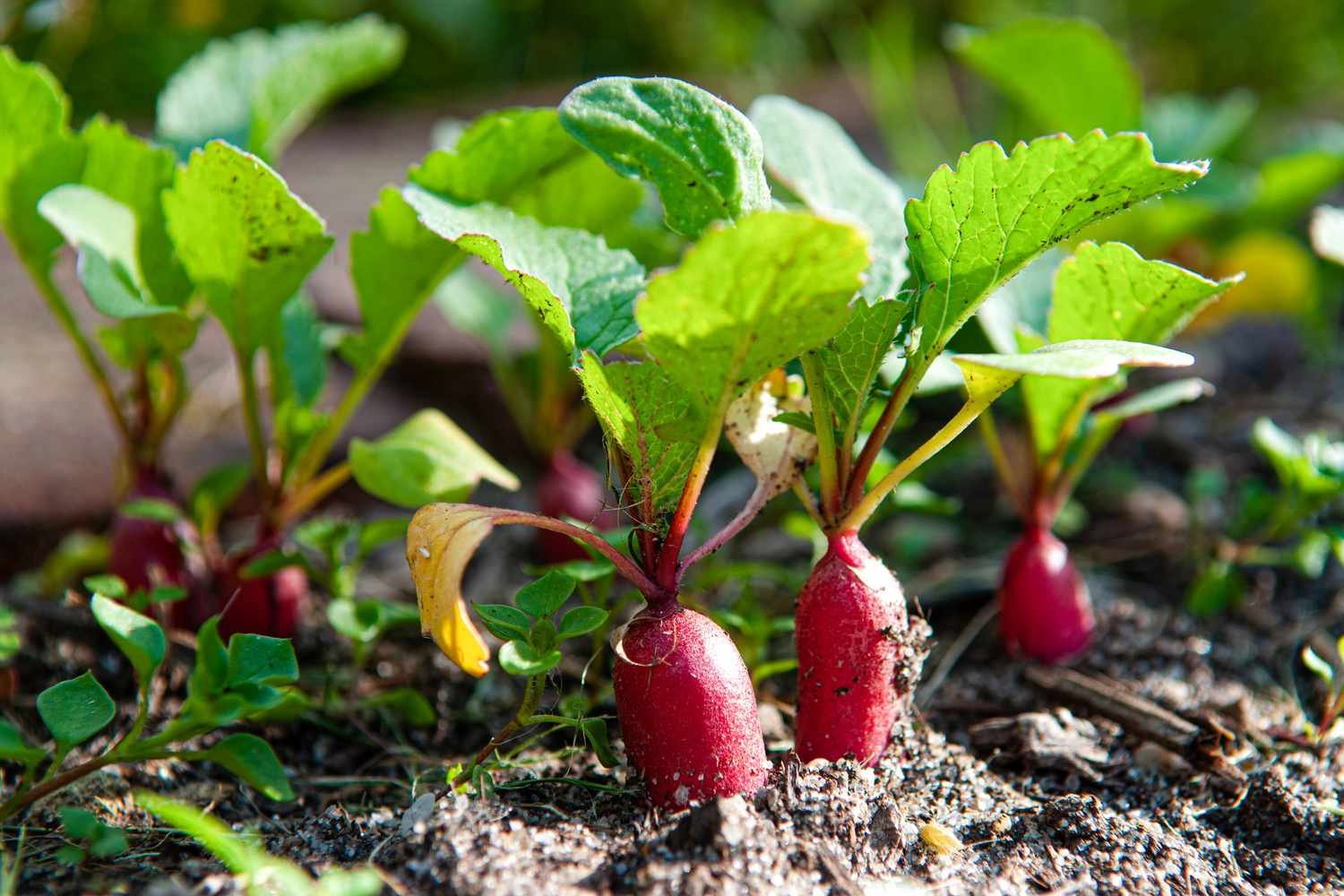Gardening is not just about growing plants; it’s also about nurturing your mind, body, and soul. Many people find solace and serenity in their gardens, using gardening as a form of therapy to relieve stress, improve mental well-being, and connect with nature. In this article, we’ll explore the therapeutic benefits of gardening and how you can find serenity in your own garden sanctuary.
The Healing Power of Gardening
Gardening therapy, also known as horticultural therapy, is a recognized form of therapy that uses gardening activities to improve physical, mental, and emotional well-being. The act of tending to plants, digging in the soil, and communing with nature can have profound effects on your overall health and happiness. Studies have shown that gardening therapy can reduce symptoms of anxiety and depression, lower stress levels, and improve mood and self-esteem.

Connecting with Nature
In today’s fast-paced world, many of us are disconnected from the natural world, spending more time indoors and immersed in digital devices. Gardening provides an opportunity to reconnect with nature and experience its restorative effects. Whether you’re planting seeds, smelling flowers, or listening to the sounds of birdsong, spending time in your garden can evoke a sense of peace, tranquility, and connection to something greater than yourself.
Mindful Gardening Practices
Gardening can be a form of mindfulness practice, allowing you to be fully present in the moment and cultivate a sense of inner calm and clarity. Paying attention to the sights, sounds, and sensations of gardening can help quiet the mind and reduce feelings of stress and overwhelm. Focus on the rhythmic movements of digging, planting, and watering, and let your worries melt away as you immerse yourself in the present moment.
Stress Relief and Relaxation
The simple act of spending time in the garden can be a powerful antidote to stress and tension. The sights, sounds, and smells of nature have a calming effect on the nervous system, helping to lower blood pressure, reduce muscle tension, and promote relaxation. Whether you’re weeding, pruning, or simply sitting quietly among your plants, gardening provides a peaceful sanctuary where you can escape the pressures of daily life and find a sense of serenity.
Cultivating Growth and Resilience
Gardening teaches valuable lessons about growth, resilience, and the cycle of life. Watching plants grow and flourish under your care can instill a sense of pride, accomplishment, and hope for the future. Gardening also teaches us to embrace change, adapt to challenges, and find beauty in imperfection. As you nurture your garden, you’ll learn valuable skills that can be applied to other areas of your life, helping you navigate life’s ups and downs with grace and resilience.
Sharing the Joy of Gardening
Gardening is a deeply rewarding and fulfilling activity, but it’s even better when shared with others. Whether you’re gardening with family, friends, or neighbors, sharing the joy of gardening can strengthen bonds, foster a sense of community, and create lasting memories. Consider starting a community garden, joining a gardening club, or simply inviting loved ones to spend time in your garden sanctuary together.
Conclusion
In conclusion, gardening therapy offers a powerful antidote to the stresses and pressures of modern life, providing a sanctuary where you can find peace, serenity, and connection to nature. Whether you’re planting seeds, tending to plants, or simply enjoying the sights and sounds of your garden, gardening therapy has profound benefits for your physical, mental, and emotional well-being. So take some time to nurture your garden and yourself, and discover the healing power of gardening therapy for yourself.











